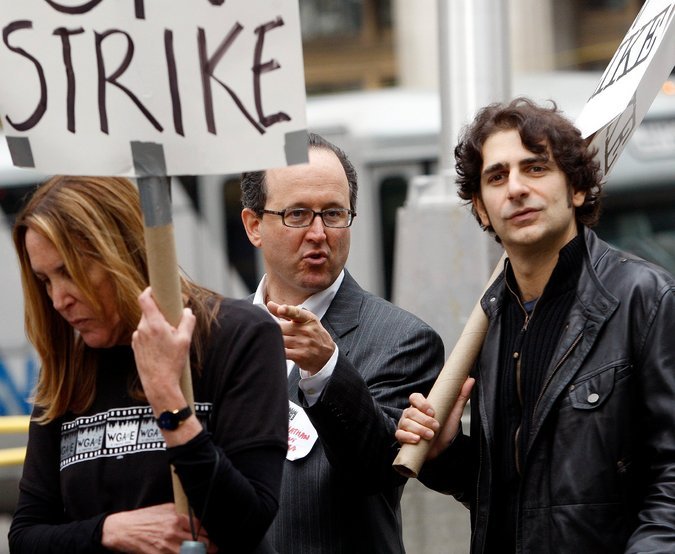The suit came about shortly after the journalist Jonathan Tasini and five co-plaintiffs won a similar case in the Supreme Court.

“The argument that we made was the writers got paid for one-time use,” said Mr. Gleick, who worked as a reporter and editor for The Times for 10 years. “We sued The Times because they sold copyrighted work by not just their staff, but also freelance writers. And the correct thing to do would have been to ask the freelance writers for permission and then pay the writers.”
The parties had seemingly come to an agreement in 2005, but negotiations stalled, over disagreement of how to handle plaintiffs who had not registered copyrights for their work, until a Supreme Court ruling, in 2010, held that the settlement proceedings could continue. The groups reached what seemed to be a final agreement in 2014, only to endure four more years of delays caused by 41,000 objections from the defendants and specific claims by the authors.
“There were very prolific freelance writers who made a living writing for many publications and were fighting for every dollar they got,” Mr. Gleick said. “This lawsuit was very bitter at times. But it really was unfair and it’s good that they are getting some money back.”
Newsletter Sign Up
Continue reading the main story
Thank you for subscribing.
An error has occurred. Please try again later.
You are already subscribed to this email.
The writers will start receiving checks this week. Each plaintiff’s payout will vary depending on how many pieces he or she published and when they appeared in print. A few will be paid in the six figures, according to the Authors Guild. The settlement also allows for additional reimbursements of nearly $4 million in attorney fees and close to $900,000 in administrative expenses.
Despite the 17-year wait, the freelancers who were part of the lawsuit may consider themselves lucky. Since the case went to court, it has become common practice for publishers to own the digital rights of the articles they publish.
“We can see in hindsight that this early battle contained hints of things to come,” Mr. Gleick said in a statement. “Then, as now, big tech companies had the idea that they could profit from new uses of creative work without including the creators. We scored a victory, but the effects weren’t long lasting, and writers continue to struggle.”
The New York Times declined to comment on the settlement.
Mr. Gleick said the checks may come as a surprise to some plaintiffs, adding, “Some people are going to be very happy this week.”
Continue reading the main story
Article source: https://www.nytimes.com/2018/04/30/business/media/freelancers-digital-copyright-lawsuit.html?partner=rss&emc=rss
Speak Your Mind
You must be logged in to post a comment.